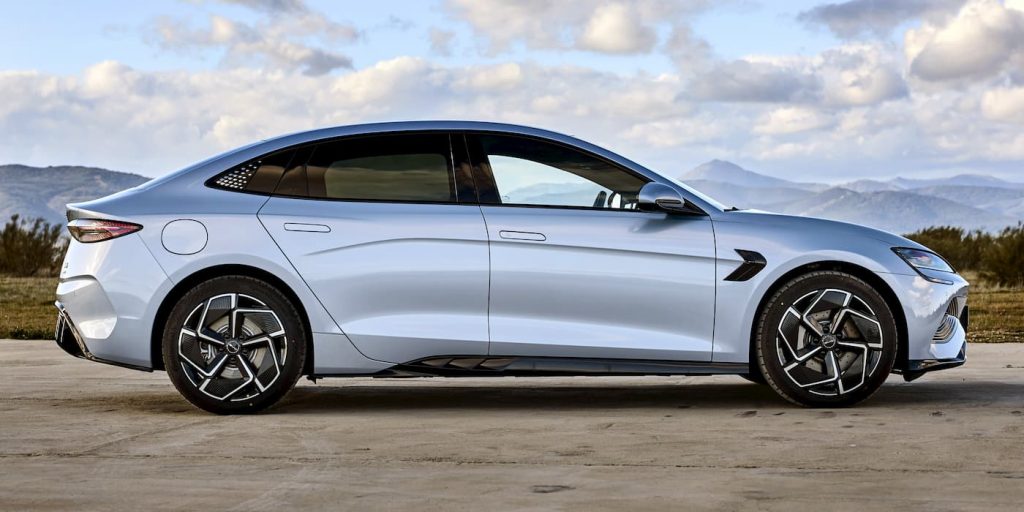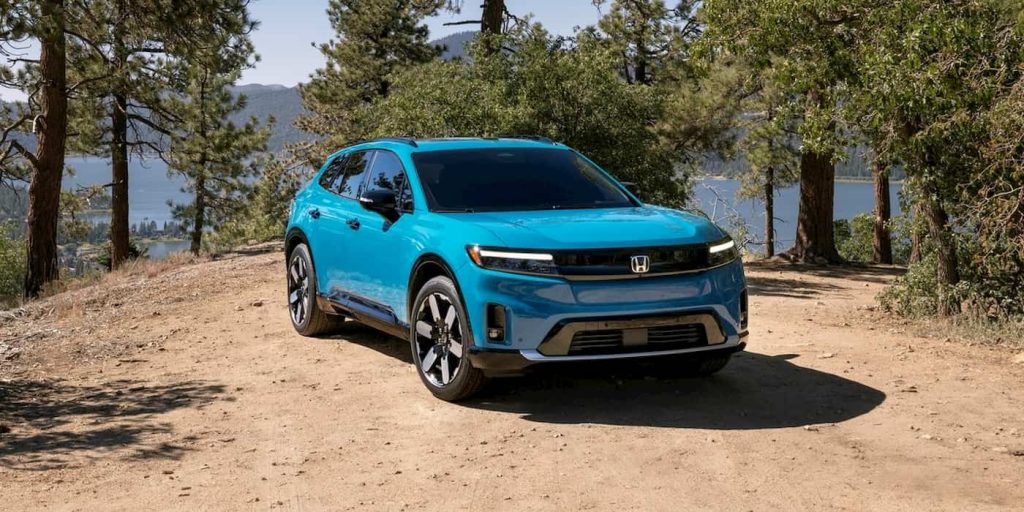
Japanese automakers are scrambling to avoid being squeezed out of the market by BYD and other Chinese EVs. Honda and Nissan are the latest to slash rates in overseas markets to boost demand.
It’s no secret that Japanese automakers are some of the biggest laggards as the industry transitions to EVs.
Those same companies are paying for it in overseas markets. According to a new report from Asia News Network, Nissan and Honda cut prices in Thailand and slashed interest rates to 0% to attract buyers.
The move is rare, especially for Honda. CEO of Honda Automobile (Thailand), Hideo Kawasaka, said the intense competition from Chinese EV sales makes promotions necessary.
In particular, he pointed to BYD. Kawasaka explained, “We are aware of the competition with Chinese brands.” The new EVs are taking over the C and D segments, where the Honda Civic and Accord typically dominate.
Before Thailand, Kawasaka worked for Honda in China for five years, “where we had to fight against Chang’an or BYD.”

Honda and Nissan slash rates to keep up with EVs
BYD and others are squeezing out the competition in China and overseas with affordable electric models. Honda’s chief said, “I must admit that the selling price affects the ability to compete.”
Although price cuts “must be considered carefully,” he said, “campaigns like 0% interest plus free first-class insurance will be incentives that we will offer at the end of this year.”

Honda is offering “heavy promotions” on the City, Civic, HR-V, and Accord. Buyers can choose 0% interest or a discount between 100,000 – 150,000 baht ($2,840 – $4,260) and rates starting at 1.89%. A third option offers a lower down payment of 5,000 baht ($142).
Other Japanese automakers, including Nissan, Mitsubishi, Mazda, and Suzuki, plan to offer 0% interest or discount options in Thailand. The offers will be announced at the Motor Expo and will run until the end of the year.
Electrek’s Take
The news comes as Thailand’s auto industry quickly transitions to EVs. Although Toyota and Suzuki are still the top automakers in the region, BYD is surging.
After entering Thailand last July, BYD already accounts for over a third of EV sales. The EV maker passed Nissan, Mazda, and Mitsubishi with around 4% of new vehicle sales, according to Autolife Thailand.
Thailand’s government wants 30% of vehicles built in the nation to be electric by 2030. EVs represent about 10% of overall auto sales, up from 1% last year.
The trend is only expected to continue as EV adoption picks up globally. China was one of the first, and now automakers in overseas markets like Thailand are feeling the pressure to go electric.
Author: Peter Johnson
Source: Electrek



